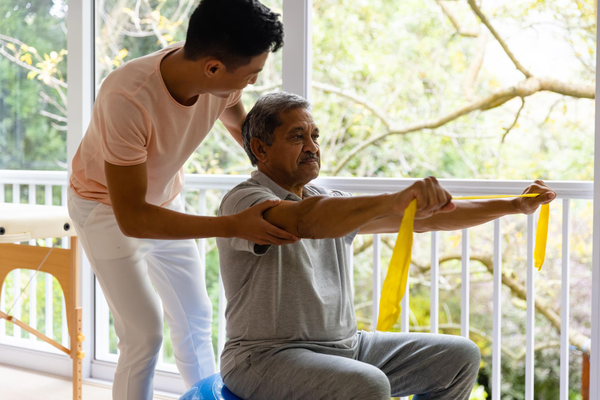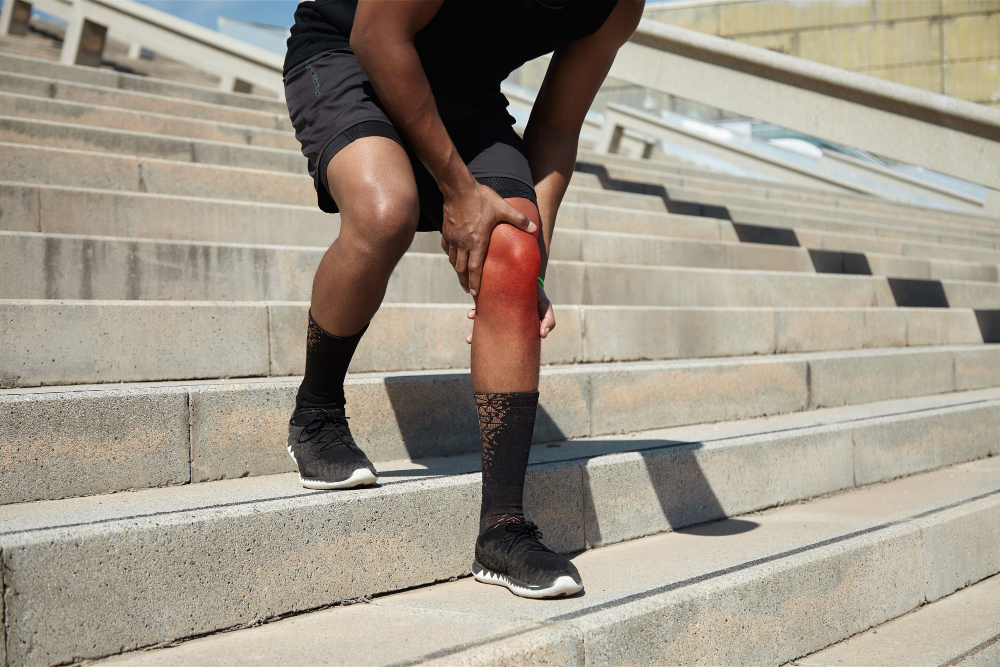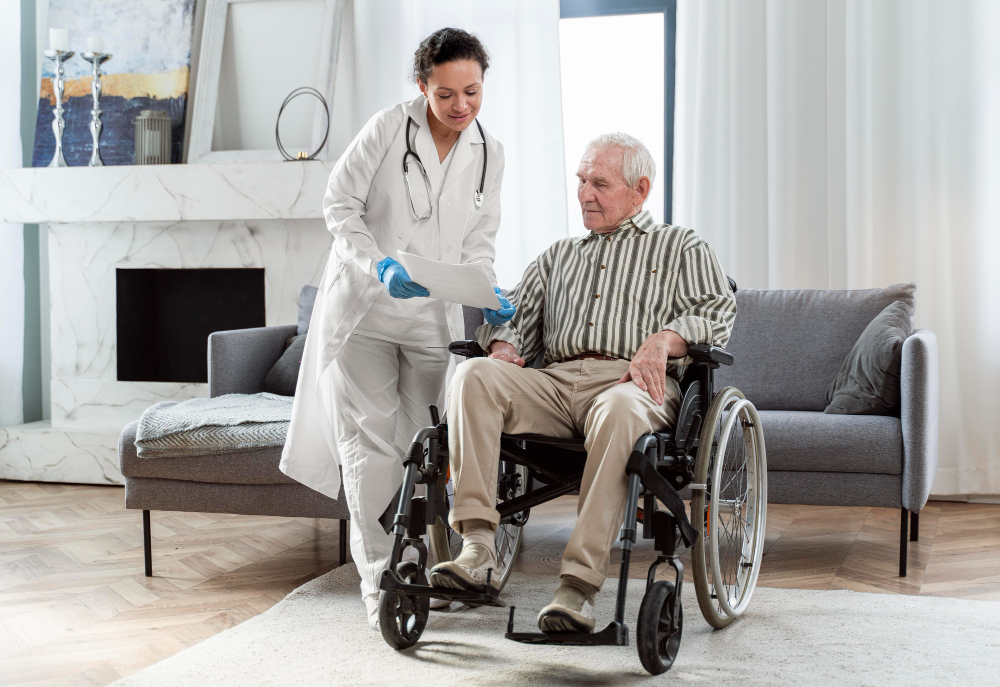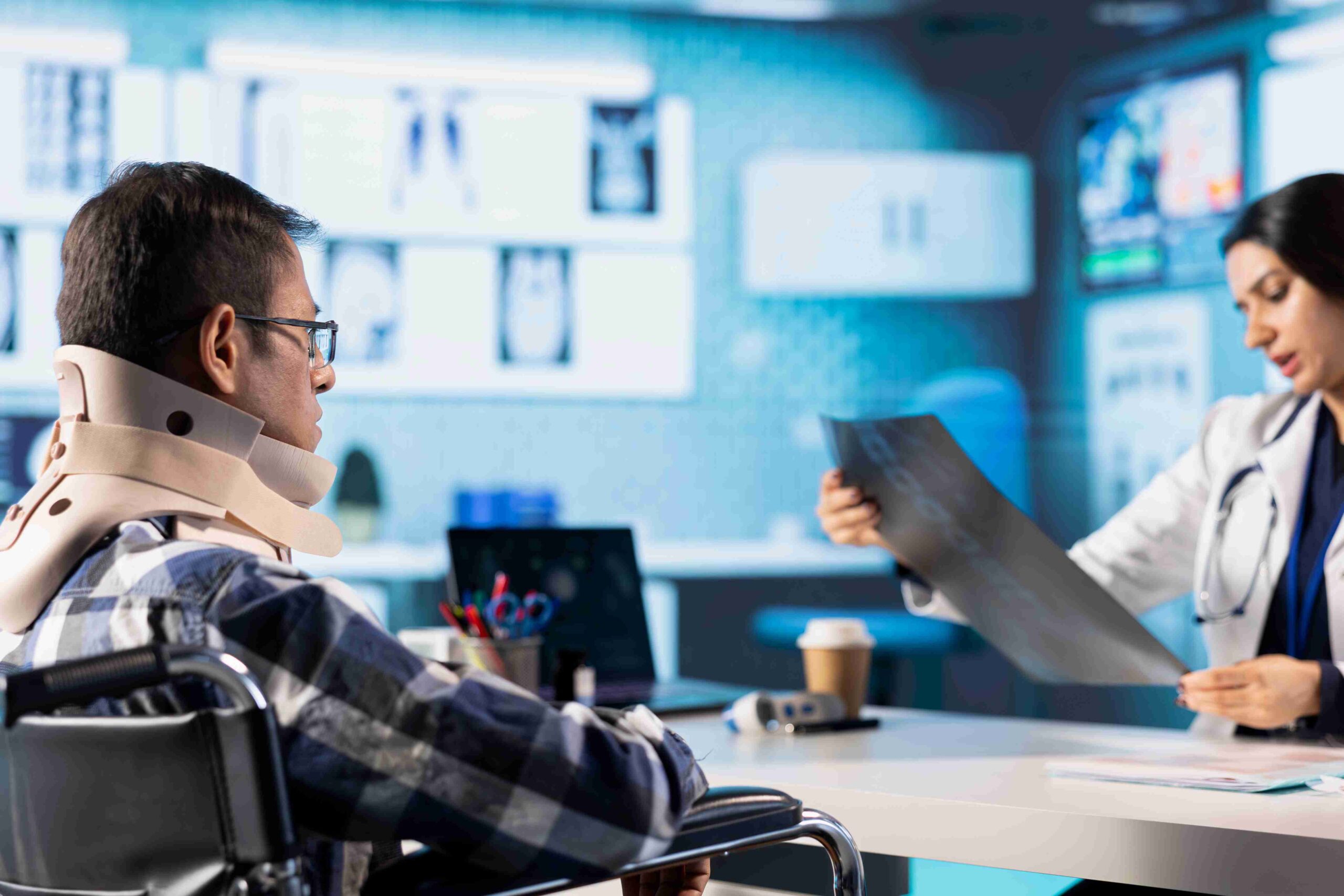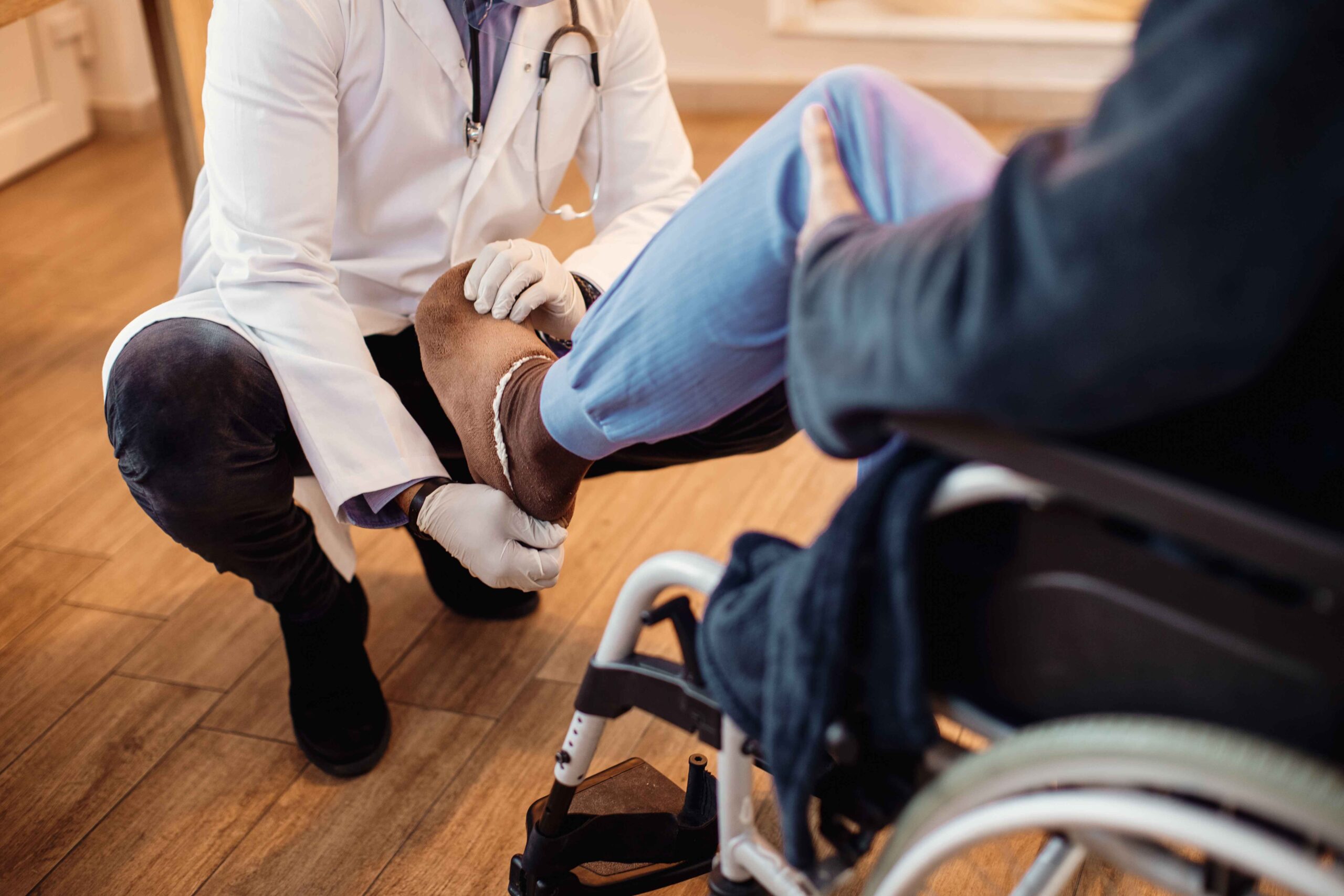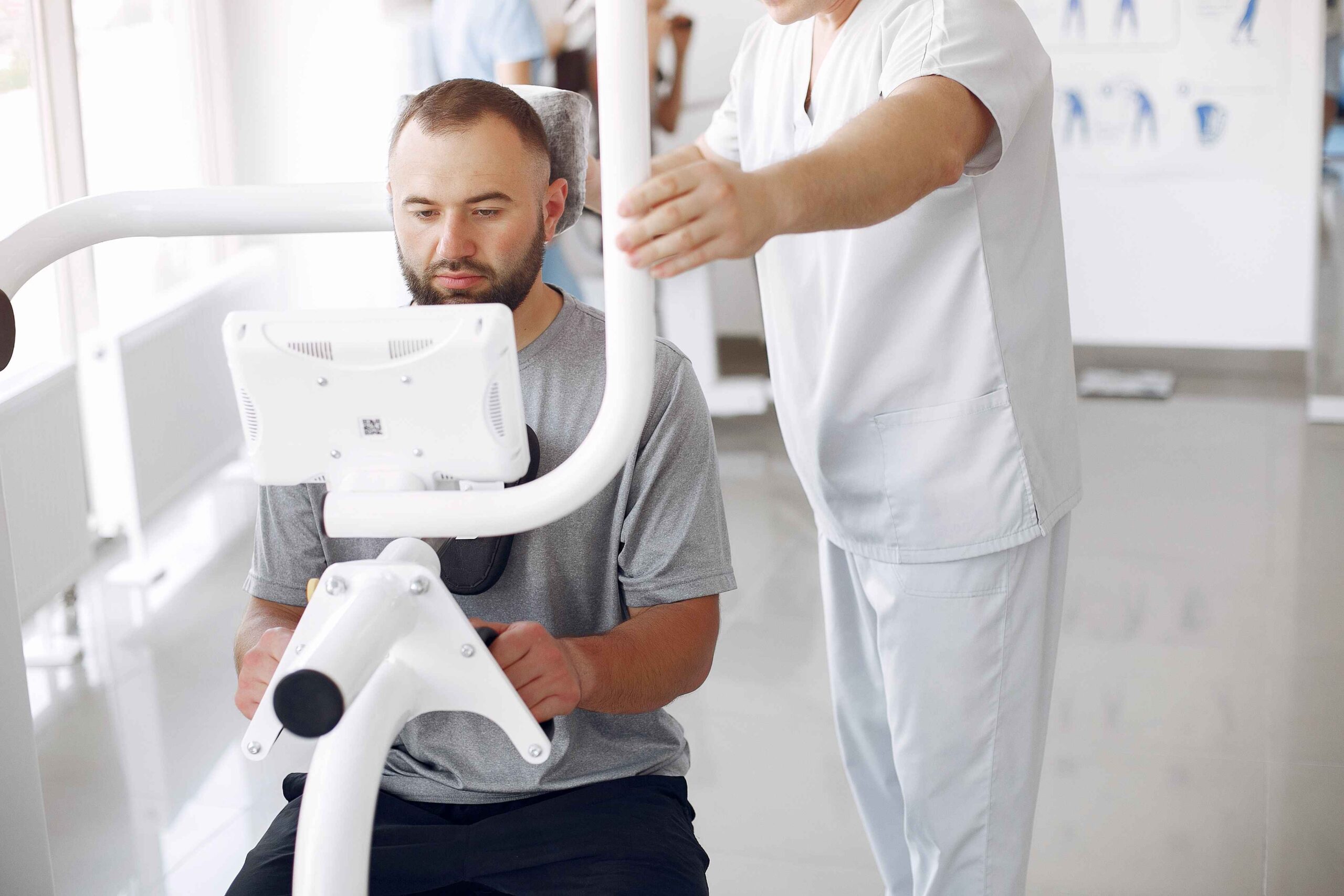
Last updated on by MRC
In recent years, physical rehabilitation has undergone a revolutionary transformation. With the integration of advanced technologies, particularly robotics, the journey toward recovery has become more precise, engaging, and effective. Robotics-assisted therapy is now setting a new benchmark in post-injury and neurological recovery, offering hope and enhanced outcomes for patients across the globe.
Robotics-assisted therapy is a form of rehabilitation that uses robotic devices to support, guide, and enhance patient movement during therapy. This technology-driven approach is especially effective for individuals recovering from strokes, spinal cord injuries, traumatic brain injuries, and various musculoskeletal disorders.
Unlike conventional therapy, robotic rehabilitation devices are designed to track real-time progress, provide consistent and repetitive motion, and adjust difficulty levels based on the patient’s ability. This not only maximizes engagement but also accelerates motor learning and recovery.
Rehabilitation robotics is at the forefront of modern physiotherapy. These intelligent machines assist therapists by delivering consistent, data-driven support for patients. Whether it’s walking on a treadmill supported by an exoskeleton or practicing upper limb exercises using robotic arms, the technology ensures high repetition, precision, and motivation, all critical elements for neuroplasticity and recovery.
Moreover, robotics makes it easier to measure a patient’s functional improvements accurately. Metrics such as range of motion, joint movement precision, and muscle response can be monitored continuously, helping therapists tailor treatment plans more effectively.
Robotic physiotherapy offers a personalized experience tailored to each patient’s recovery stage. These systems can adapt to an individual’s capability, providing both assistance and resistance depending on the patient’s progress. Some advanced systems also gamify therapy, making exercises more interactive and less monotonous, which is especially beneficial for pediatric and geriatric patients.
In addition to motor function, robotic therapy can also have psychological benefits. Seeing measurable progress, even in small steps, can greatly boost a patient’s morale, promoting adherence to rehabilitation programs.
The integration of robotics into therapy has opened doors to new techniques such as robot-assisted gait training, mirror therapy with robotic limbs, and upper limb movement recovery. Robotic rehabilitation therapy now supports patients in regaining motor function earlier and with greater precision than traditional physiotherapy.
For patients suffering from paralysis or post-stroke impairment, robotic devices such as Lokomat, Armeo, and HAL (Hybrid Assistive Limb) have shown remarkable success in aiding recovery. These devices provide intensive, repetitive, and task-specific training—a key formula for neurorehabilitation.
In urban hubs like Kolkata, patients are increasingly seeking technologically advanced care for chronic pain, post-surgery recovery, and neurological conditions. Robotics-assisted therapy is being integrated into leading pain management hospitals in Kolkata, like Medical Rehabilitation Center, offering patients a blend of conventional care and futuristic rehabilitation methods.
From reducing pain intensity through controlled movement therapy to preventing long-term disability by restoring joint function, robotics is transforming how pain and mobility disorders are treated.
Also Read: Beyond Machines: Human Benefits of Robotic Rehabilitation in Healthcare
Precision: Robotics eliminates human error and provides consistent therapy sessions.
Motivation: Interactive interfaces keep patients engaged and motivated.
Customization: Therapy can be adapted in real-time to suit the patient’s recovery needs.
Measurability: Accurate data allows for progress tracking and treatment adjustments.
Faster Recovery: With consistent and intensive therapy, recovery times are often shorter.
At the Medical Rehabilitation Center (MRC), we believe that rehabilitation is more than recovery; it’s about restoring independence, confidence, and quality of life. As one of the pioneers in robotic rehabilitation therapy in Eastern India, MRC brings dynamic solutions to patients seeking the best in post-trauma and post-stroke care.
Whether you’re exploring rehabilitation robotics, in need of robotic physiotherapy, or looking for a trusted pain management hospital in Kolkata, MRC offers you a future-focused, compassionate path to healing. With our state-of-the-art robotic therapy systems and expert team of physiotherapists, your journey to a stronger, more independent tomorrow begins here.
